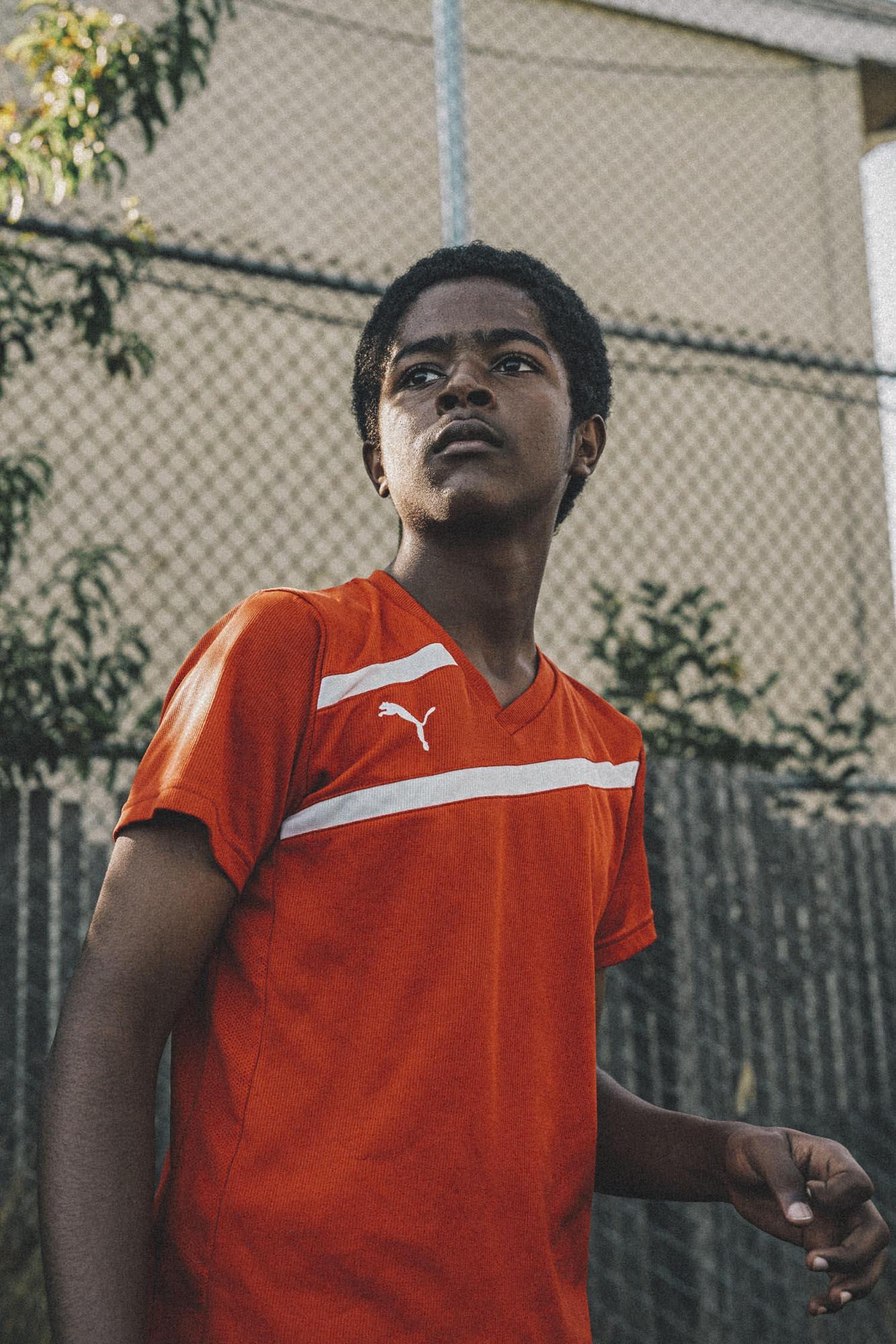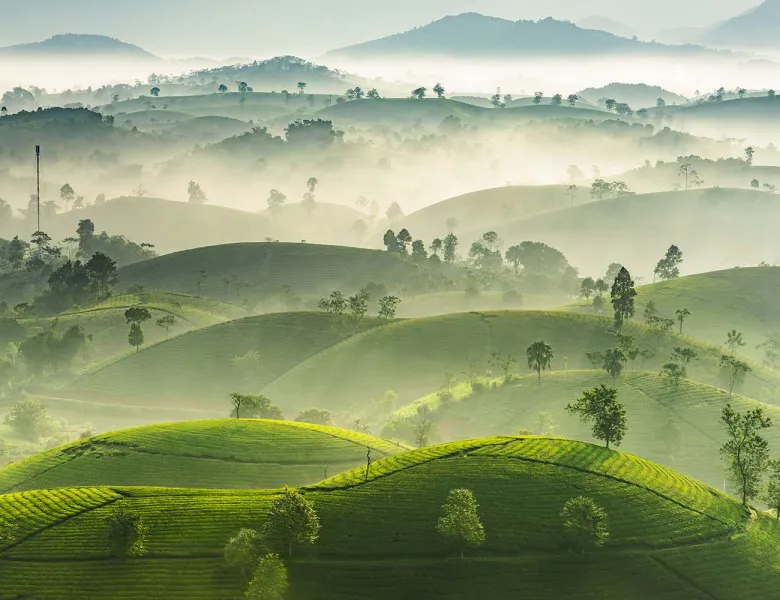Important photography for divided times

Can I Play? By Balazs Gardi, one of the four 2018 Sony Professional Grant recipients talks on the healing and uniting power of soccer in the local immigrant community in his hometown of Oakland, California. He focuses particularly on a group of young people who have moved to the States from places of unrest across the world, and explores how the sport has helped them find an identity in their circumstances.
When kids come they feel completely incompetent. They don’t understand what their teachers are saying, they don’t understand what their fellow students are saying, they don’t understand how school works, or America. But one thing they do know by and large is soccer.
Carmelita Reyes, Principal, Oakland International High School
Every year, for thousands of young newcomers to the United States, the first time they build relationships outside their language group is on a soccer field. With the help of the 2018 Sony Grant I have aimed to visualize how this universal sport helps unite immigrant and refugee youth from around the world, and document efforts to rebuild their lives and imagine a brighter, safer future in the United States.
Mateo is a case in point. He was just 14-years-old when he fled Honduras, a country with one of the highest murder rates in the world. He traveled north to the US alone, taking the migrant trail through Central America and Mexico, where he had to navigate a notorious drug cartel known to kidnap and extort undocumented migrants. He couldn’t trust anyone, but from time to time along with his journey he’d see a group playing soccer, a touchstone that fueled his hopes. “I see them and I say ‘Can I play?’ and they say yes”, recalls Mateo, now 18 and living in Oakland, California. His fellow refugee team mates — hailing from countries as far as Democratic Republic of the Congo and Eritrea — hold hands and start each match with the battle cry: “One, two, three, together!”
Countless others are still on the move. Wars and persecution have driven more people from their homes than at any time since UN Refugee Agency began keeping records. And with more than 65 million people across the world displaced, there are few, if any, nations unaffected by this growing trend.
The United States still has the largest permanent resettlement program, handling tens of thousands of children and young adults who face enormous, life-altering challenges. Over a period of six months, I have created a substantial body of work in Oakland, California, that shows these young men and women playing together — and serve as a visual testament of soccer’s singular power as a vehicle of social integration in America.
“When you’re kicking the ball you need to communicate,” says Fatuma, a Somali girl born in a Kenyan refugee camp where her parents settled decades ago after fleeing civil war. Today she lives in Oakland, CA and thanks soccer for both teaching her a new language and facilitating fast friendships in a safe and nurturing environment. Years after the Taliban bombed her school in Pakistan, Maryium, an Afghan girl who grew up in a refugee camp, says the sport eased the lingering traumas she experienced as a child of conflict. Hey Say, another migrant girl who fled to Thailand and on to the US after Burmese soldiers burned down her village, now helps other teenage arrivals build meaningful friendships and community bonds, using soccer as a vehicle for change and assimilation.
I met these kids last winter, when I began work on this project. They are but a fraction of the tens of thousands of youth worldwide who have been uprooted from their homes, yet soccer is helping them heal and look after each other in extraordinary ways. Indeed, just a few weeks ago, I was deeply moved to see a team of already established immigrant players warmly welcome Ezeldeen, a 14-year-old boy who had come to California from war-torn Yemen, half a world away.
I am going to investigate this unfamiliar and, to some extent, hidden community, in my own hometown to shed light on far-flung success stories that bear out soccer’s remarkable influence. In these divided and turbulent times, I believe stories that can positively affect popular attitudes and acceptance of immigrants have never been more necessary.
Read more about "Buzkashi", his series awarded 1st Place, Professional Sports category, at the 2018 Sony World Photography Awards.







